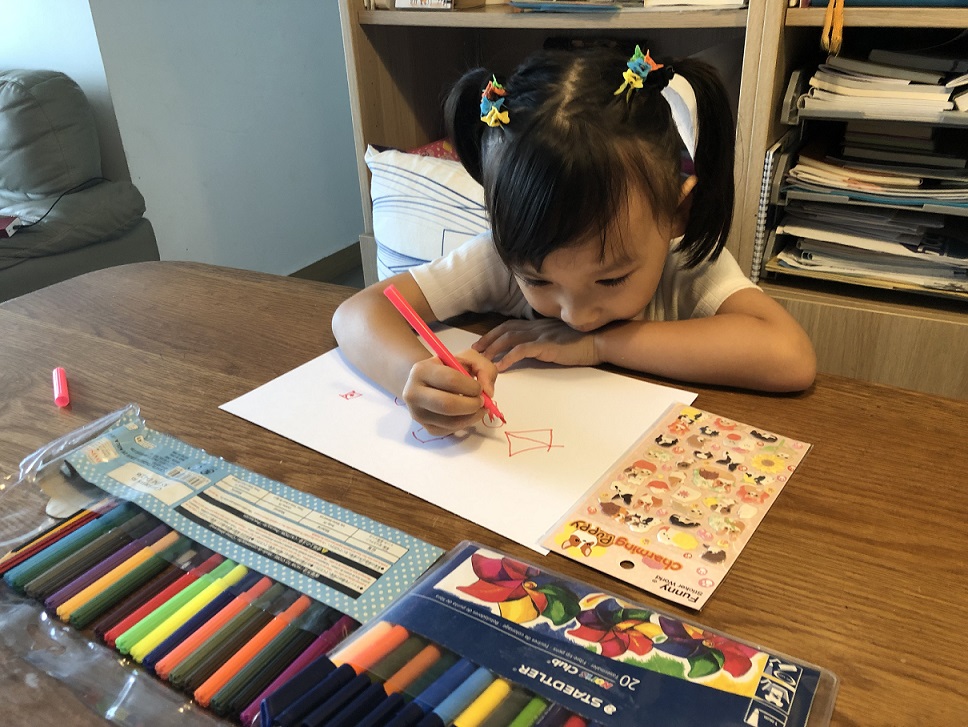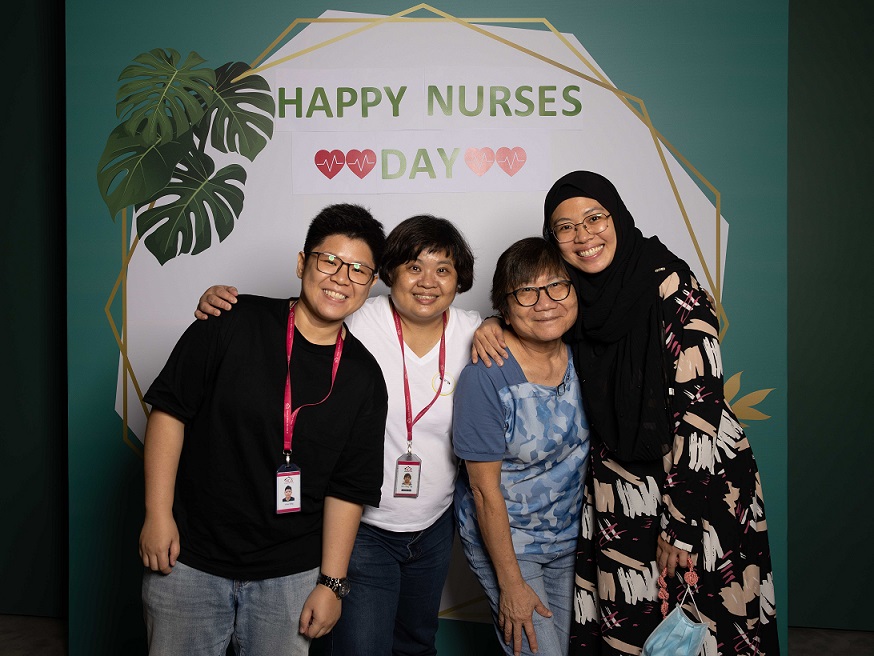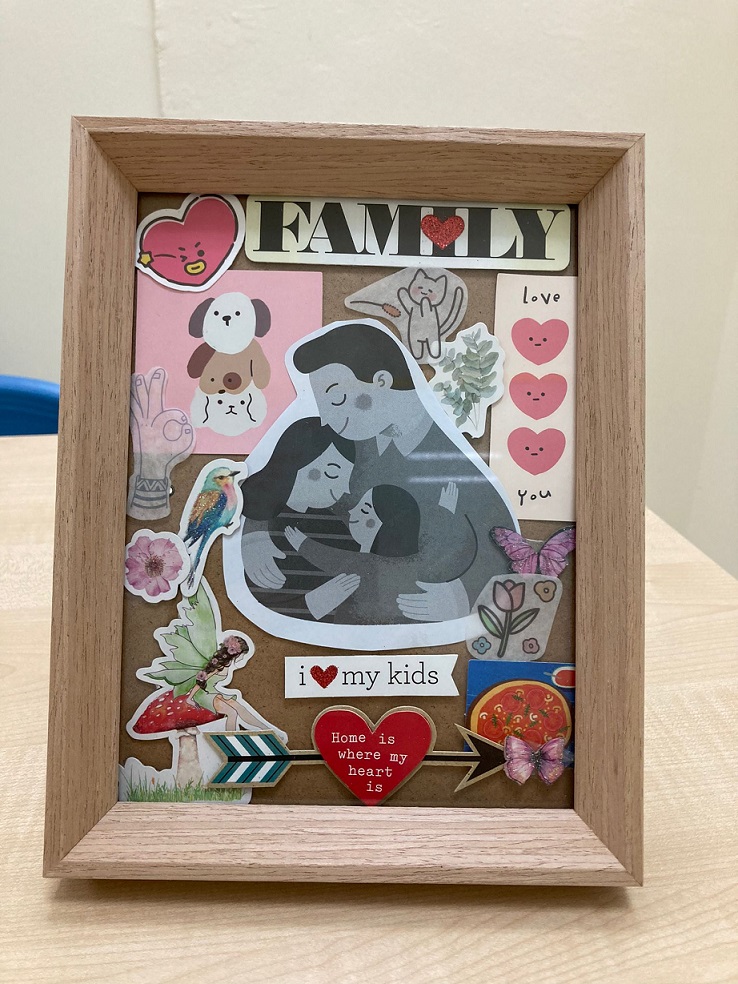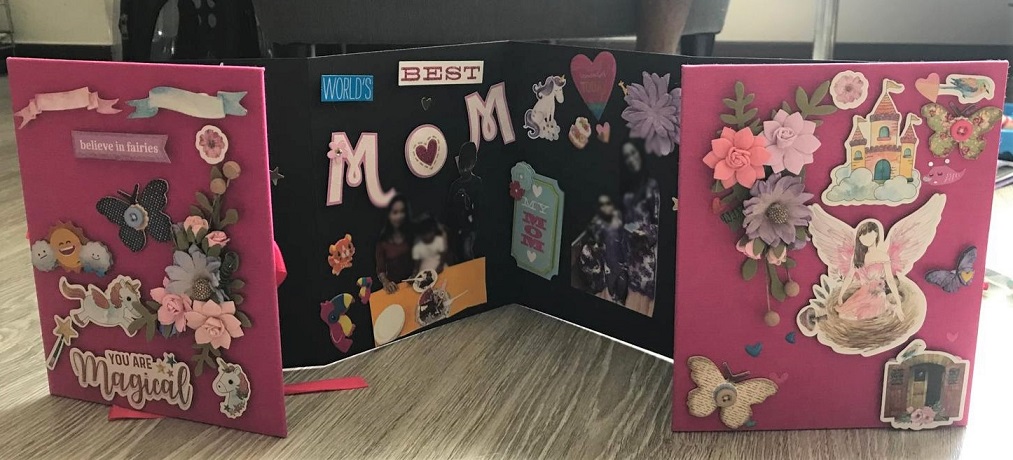
Close


Eight-year-old Brendan* was stricken with guilt when he learned that his beloved mother, Mdm A, was suffering end-stage cancer – the little boy believed that his misbehaviour had caused her to fall ill.
Brendan’s misconceptions surrounding Mdm A’s condition might not have come to light in a timely manner if the HCA psychosocial team had not engaged him in conversation. “Children are often the ‘silent-grievers’, who may be overlooked when the adults in the family are overwhelmed with the patient’s physical care, and may not have the awareness or emotional capacity to support in the children’s grief,” explains HCA Medical Social Worker, Koh Yuqi.

Research has shown that there is often a gap in parents’ understanding of their children’s emotional state and ability to cope. “When interviewed, parents almost always said that their children were fine, but this was not the case when the young ones were interviewed,” Yuqi explains.
This could stem from denial of the difficult reality, or a subconscious instinct to protect their children from the emotional impact.
Supporting young families and children (18 years old and below) in coming to terms with the impending loss and grief, is the primary focus of Project Kindle, a new initiative spearheaded by Yuqi and HCA Senior Palliative Care Nurse Nicole Peng.
Light of Hope
There is a heartwarming anecdote behind the name of the project. “As parents, we will always say that our children are the light of our lives,” Yuqi says. “Through our efforts, we hope to bring some light to these families and also to raise awareness of the struggles they go through.”

Ascertaining the children’s understanding of illness and death is often one of the first steps for the HCA team, after obtaining parental consent to engage them. It is common for children to harbour misconceptions about the situation, or hear about erroneous beliefs from their peers. Through the medium of art, HCA’s art therapist will explore their feelings and thoughts with them, setting the stage for further intervention.
“In Brendan’s case, we tapped on our doctor and nurse to share with him about cancer, helping him to understand that Mdm A’s illness was not his fault in any way,” Yuqi shares.
“We also assessed the family’s coping ability, in relation to Mdm A’s care needs, and ensured she was supported emotionally.”
Reminiscing Happy Memories
A key focus of Project Kindle lies in bereavement support and continuity of care for surviving family members. “After Mdm A’s demise, our art therapist provided guidance to the children’s father on their grief reaction,” Yuqi says.
Witnessing their mother on her deathbed had caused some stress for Brendan and his sister. “Children can be sensitive to the emotional needs of adults, and become protective of them,” Yuqi shares. “Our art therapist observed that Brendan was uncomfortable to talk about his late mother, for fear of upsetting his father.”
But as the well-known proverb says: “Shared joy is a double joy; shared sorrow is half a sorrow.” Brendan’s reticence gradually faded away as the family participated in activities together, upon the encouragement of HCA’s art therapist.
“Participating in activities together as a family brought them closer and also encouraged them to express their grief,” Yuqi explains. “Mdm A’s children also created memory books to reminisce the happy memories they had shared with their late mother.”

These memory books provided Brendan and his sister with a creative outlet to express their love and longing for their mother, and also enabled them to recall happier memories with Mdm A, instead of dwelling on sad times when she was deteriorating.
The Future Ahead
The death of a loved one irrevocably changes family dynamics. Bereaved families often benefit from longer-term support as they navigate new routines and roles. “We discussed childcare and work arrangements with the father, as well as looking for an alternative caregiver during the transition,” Yuqi says. “We also referred them to other community stakeholders, like the Family Service Centre and Social Service Office, for long-term support.”
Project Kindle is a budding initiative with great dreams for the future, all with the primary goal of supporting young families. “The families we worked with have taught us a lot – it motivated us to create the project,” Yuqi says. “Presently, in the local context, there is no formal framework to support these families.”
“We aim to build capability within our team, and also come up with a proper curriculum and training programme.”
*not his real name